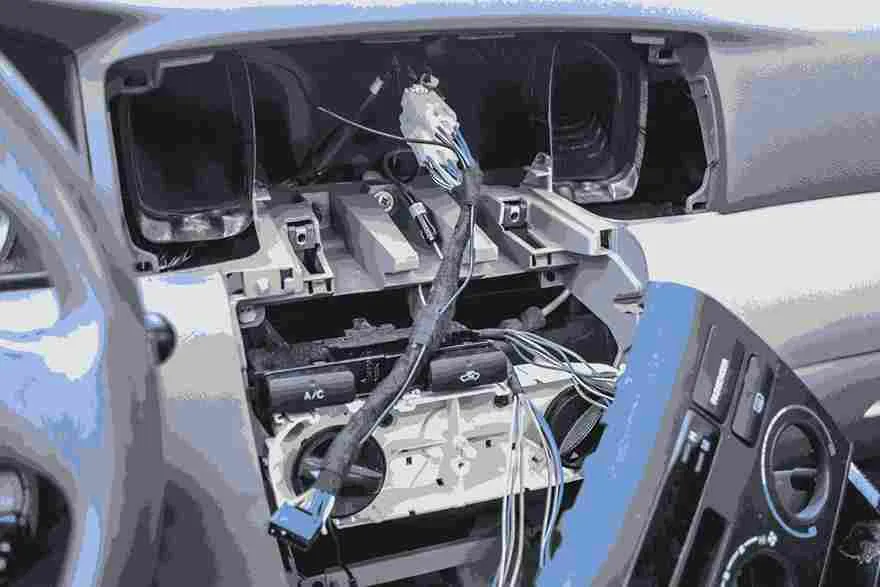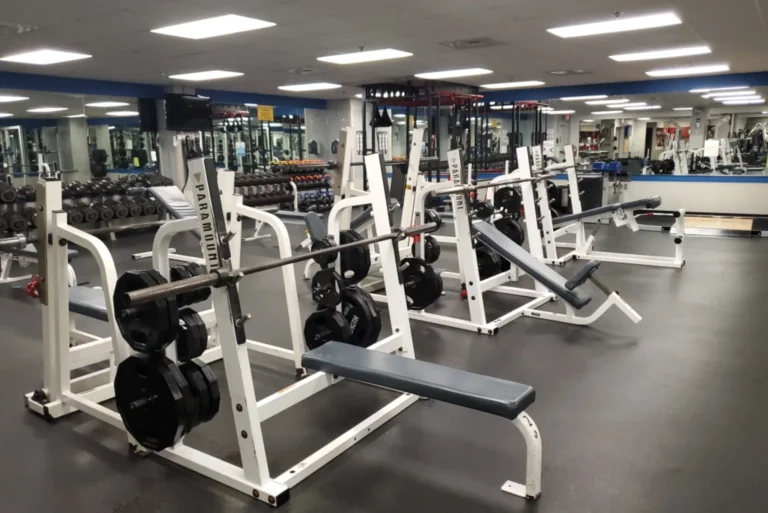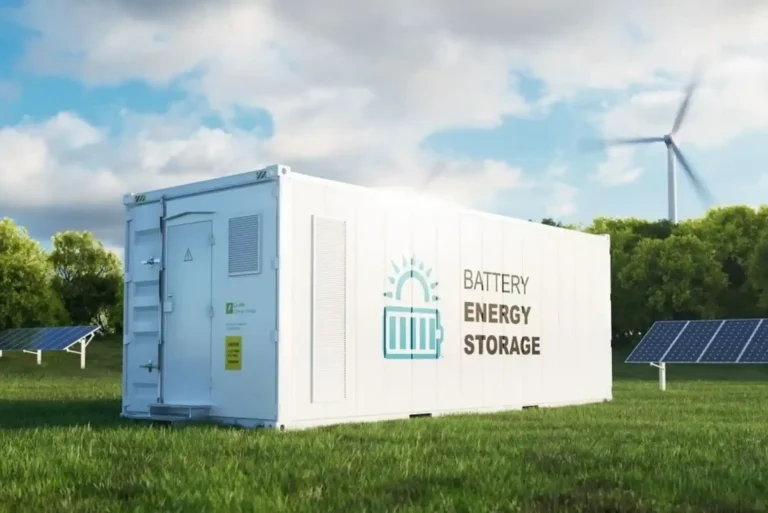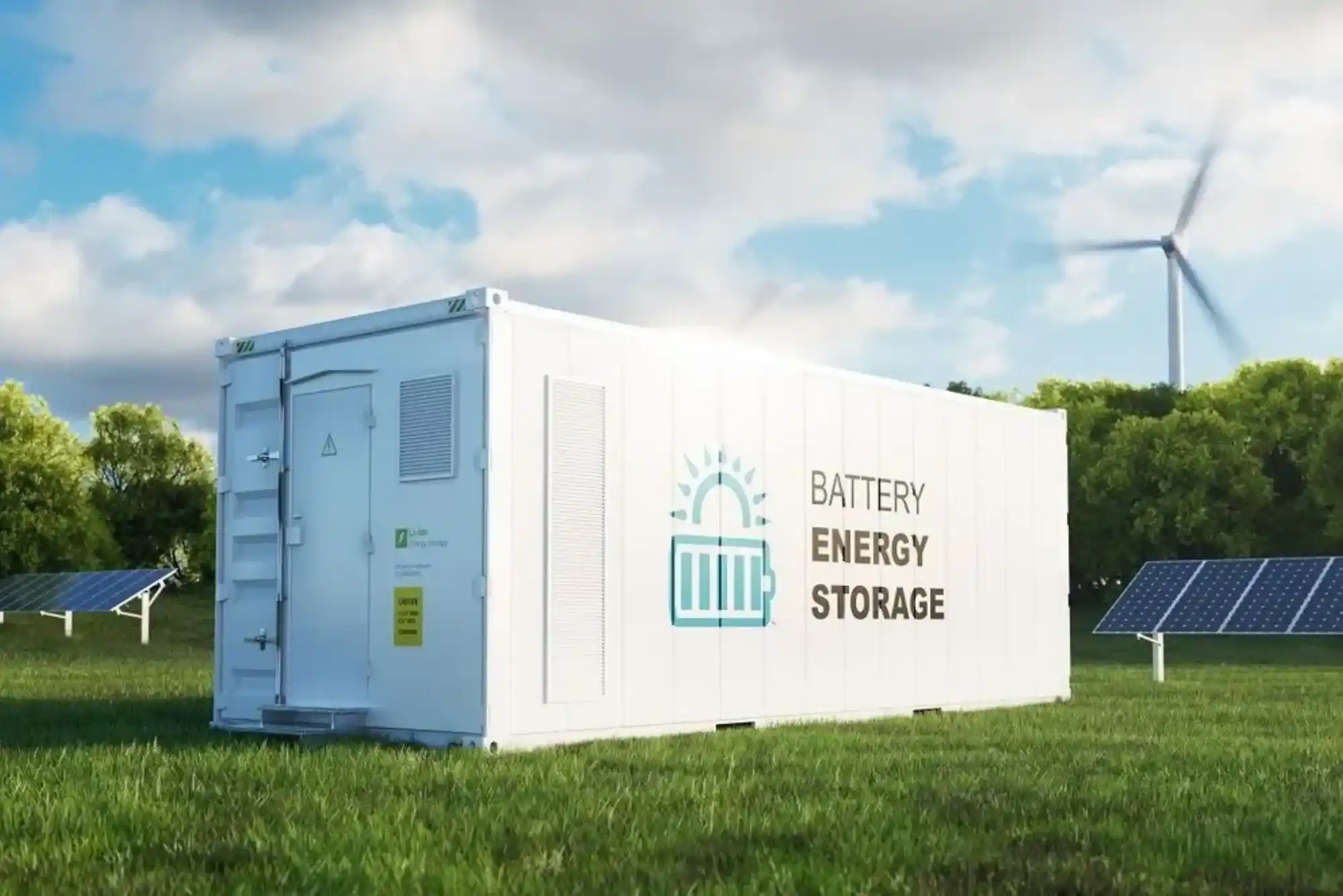Government business loans are financing options offered by various federal, state, and local agencies to support small businesses. Unlike private loans, these are often backed by the government, which reduces the risk for lenders and provides more favorable terms for business owners. These loans can help entrepreneurs start new ventures, grow existing businesses, or recover from financial hardships.
Types of Government Business Loans
There are various government loan programs tailored to different business needs. Here are some of the most popular types:
2.1 SBA Loans
The U.S. Small Business Administration (SBA) offers several loan programs designed to help small businesses, including:
- SBA 7(a) Loan: The most popular program, which offers loans up to $5 million for various business purposes.
- SBA 504 Loan: Aimed at real estate and equipment financing.
- SBA Microloans: Smaller loans up to $50,000 for startups or businesses needing smaller amounts of capital.
USDA Business Loans
The USDA Business and Industry (B&I) Loan program supports rural businesses by providing them with the capital they need for growth and expansion.
State-Specific Government Loans
Various state governments offer their own loan programs. These vary by state and are designed to support businesses within that specific region.
Disaster Relief Loans
The SBA also offers Disaster Relief Loans to businesses affected by natural disasters. These loans provide necessary funds to repair damage and resume operations.
Eligibility Criteria for Government Business Loans
To qualify for government business loans, applicants must meet certain requirements:
Business Type and Size
- The business must be a small enterprise, as defined by SBA or other relevant agencies.
- Certain industries, like agriculture and manufacturing, may have specific loan programs.
Financial History

- Most government loans require a minimum credit score, financial statements, and tax returns.
- The business must demonstrate financial stability and ability to repay the loan.
Collateral and Personal Guarantees
- Many government loan programs require some form of collateral, like property or equipment.
- Personal guarantees from business owners may also be required, particularly for smaller businesses.
Benefits of Government Business Loans
Lower Interest Rates
One of the major advantages of government loans is their lower interest rates, which are typically lower than private-sector loans.
Longer Repayment Terms
Government loans often have longer repayment terms, making it easier for businesses to manage monthly payments without straining their cash flow.
Access to Resources
Government loan programs, especially those run by the SBA, often come with additional resources like mentorship, business training, and networking opportunities.
How to Apply for Government Business Loans
Applying for a government business loan involves several steps. Here’s a quick overview:
Preparing Your Business for Application
- Gather essential documents such as your business plan, financial statements, tax returns, and proof of collateral.
Applica tion Process Overview
- Apply through government websites, such as the SBA’s loan application portal.
- Submit all required documentation and wait for approval.
Common Application Mistakes
- Incomplete applications, lack of financial details, and failure to explain how the loan will be used are common reasons for rejections. Make sure to review your application carefully before submission.
Repayment and Loan Forgiveness Programs
Repayment Terms and Schedules
Government loans come with structured repayment plans that usually offer flexibility based on the business’s needs and cash flow.
Loan Forgiveness Programs
Some loans, such as the Paycheck Protection Program (PPP) loans, offer forgiveness if certain conditions are met, such as retaining employees or using the funds for specific purposes like payroll or rent.
Government Business Loans vs. Private Business Loans
Pros and Cons of Government Loans
- Pros: Lower interest rates, longer terms, government-backed security, access to additional resources.
- Cons: Lengthier application processes, more documentation requirements, strict eligibility criteria.
Situations Where Private Loans May Be a Better Option
In cases where businesses need faster approval or have unique needs that don’t align with government loan programs, private loans may be more suitable.
Success Stories

Many businesses have thrived by leveraging government business loans. For example, companies hit by natural disasters often rebuild and grow thanks to SBA disaster loans. Startups have also used SBA Microloans to cover startup costs and gain traction.
Frequently Asked Questions (FAQs)
What are the minimum requirements for an SBA loan?
- Most SBA loans require a good credit score, a solid business plan, and proof of your ability to repay the loan. Specific requirements may vary based on the loan program.
Can I apply for more than one type of government business loan?
- Yes, businesses can apply for multiple types of loans as long as they meet the eligibility criteria for each program.
How long does it take to get approved for a government loan?
- Approval times can vary but typically range from a few weeks to several months, depending on the type of loan and complexity of the application.
Are government business loans available for startups?
- Yes, there are specific government loan programs, such as SBA Microloans, designed to support startups and small businesses with limited operating history.
Government business loans provide small businesses with critical financing options that come with lower interest rates, longer terms, and additional resources. Whether you’re looking to expand your business, start a new venture, or recover from a disaster, government loans offer many advantages compared to private-sector loans. Be sure to explore all options and understand the eligibility requirements before applying.
Table: Key Government Loan Programs
| Loan Program | Loan Amount | Eligibility Criteria | Interest Rate | Repayment Term |
|---|---|---|---|---|
| SBA 7(a) Loan | Up to $5 million | Small businesses with a solid business plan | Market-based (low) | Up to 25 years |
| SBA 504 Loan | Up to $5 million | Small businesses for real estate or equipment | Fixed (low) | 10 to 20 years |
| SBA Microloan | Up to $50,000 | Startups and small businesses | Varies (typically low) | Up to 6 years |
| USDA B&I Loan | Up to $25 million | Rural businesses | Market-based (low) | Varies |
| SBA Disaster Loan | Up to $2 million | Businesses affected by disasters | Market-based (low) | Up to 30 years |
This table summarizes the major government loan programs, their loan amounts, eligibility criteria, interest rates, and repayment terms.














